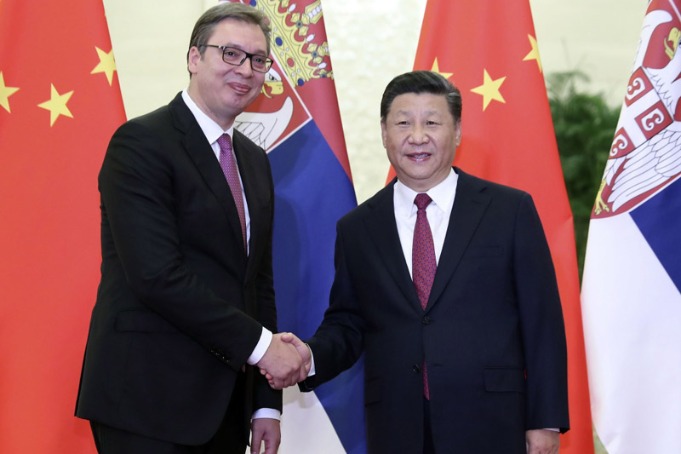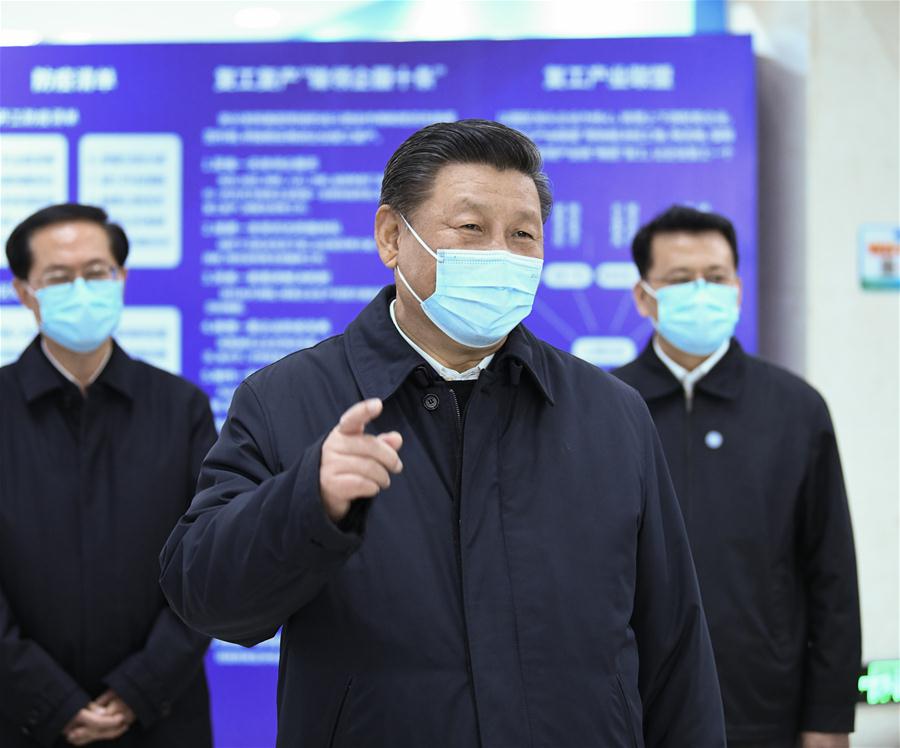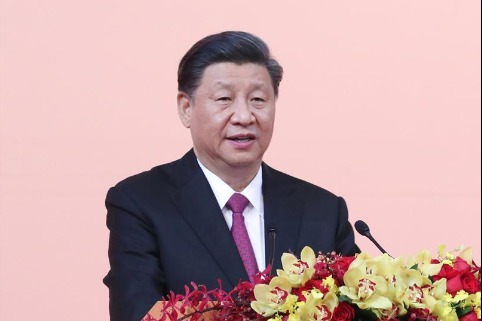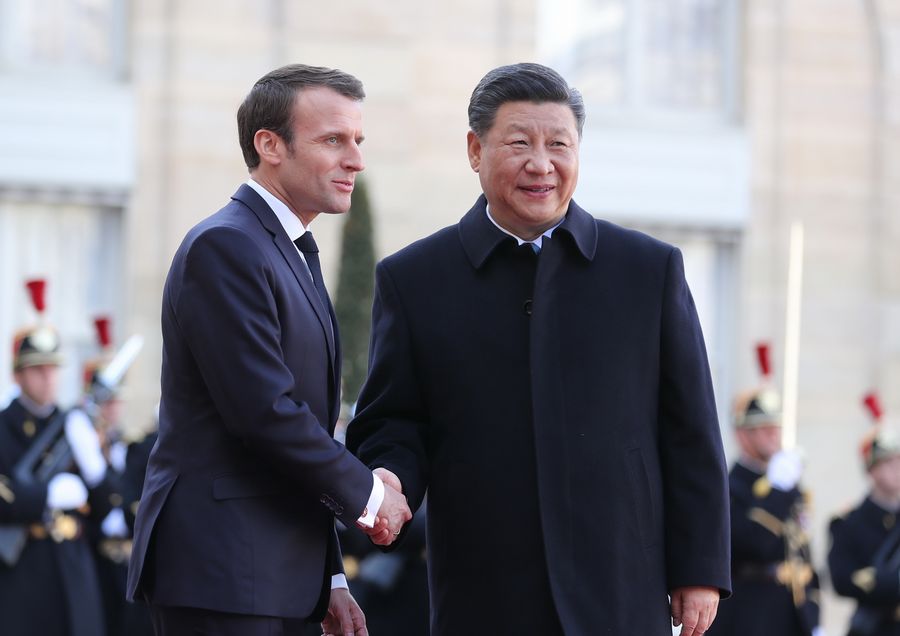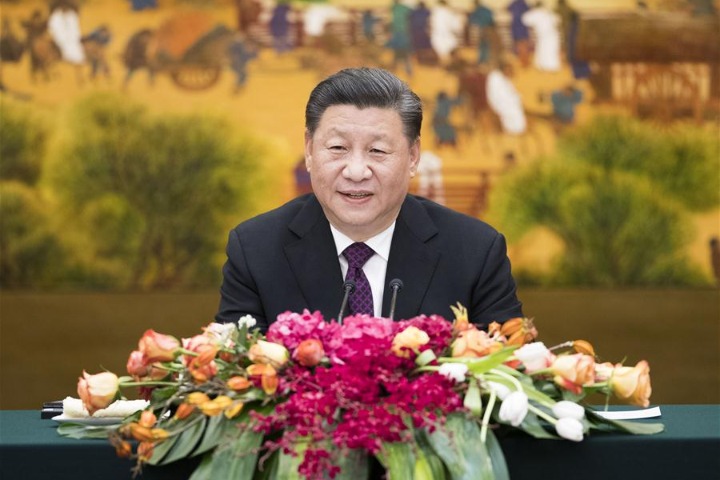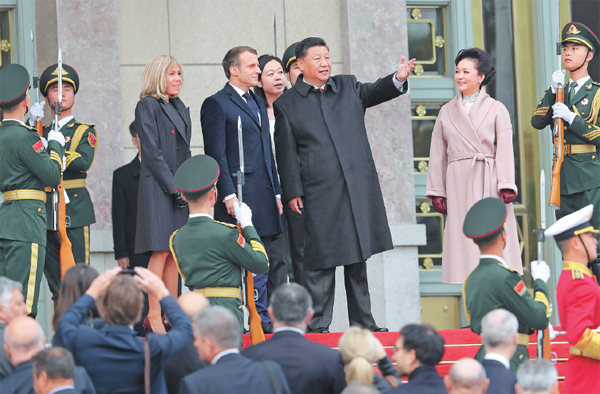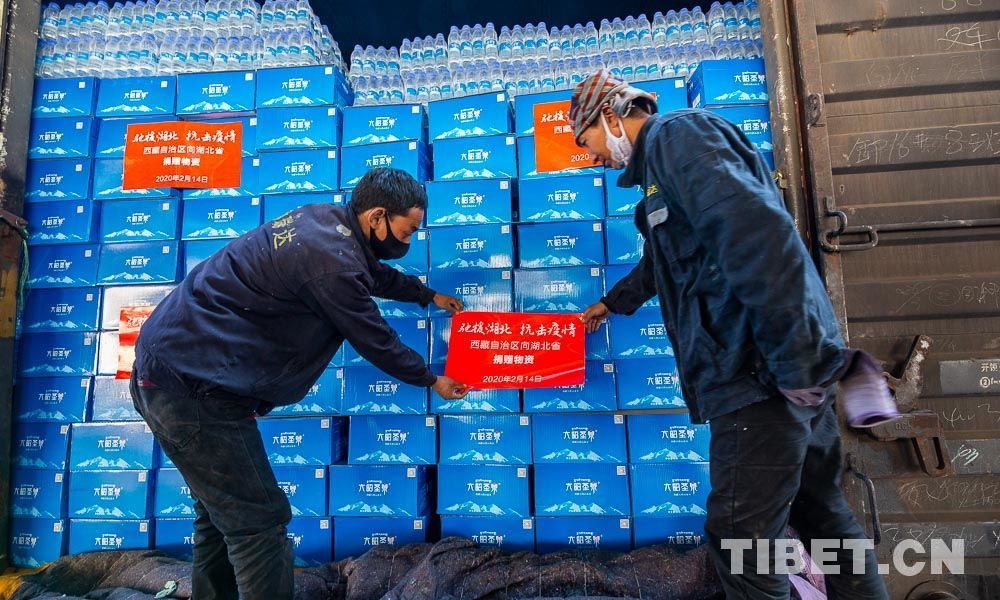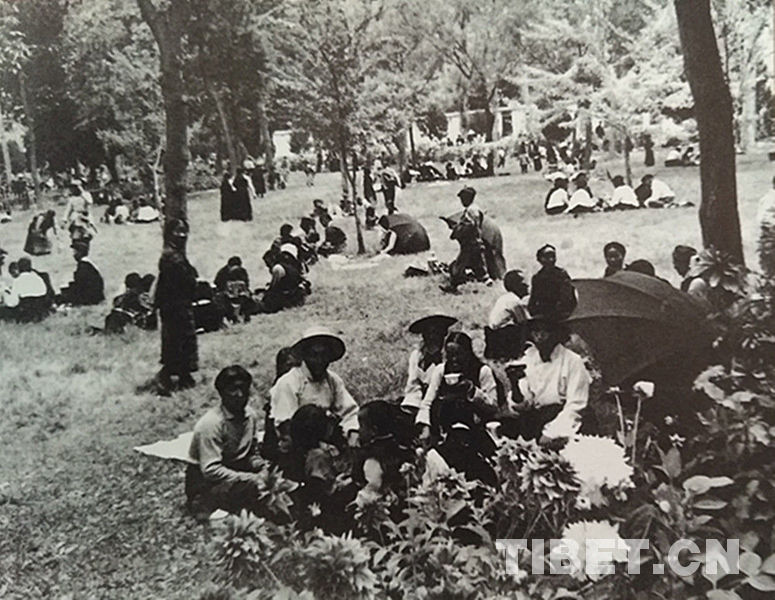Li calls for enhanced regional integration
Premier Li Keqiang called on Tuesday for greater progress in regional economic integration between the Association of Southeast Asian Nations and China, Japan and the Republic of Korea to enable the further opening up of markets and to stabilize industry and supply chains.
He made the remark in a speech during a special ASEAN-China, Japan and ROK leaders' meeting on responding to the COVID-19 pandemic. The meeting was conducted as a videoconference.
The premier underscored that ASEAN and the three countries must further reduce or waive tariffs and scrap barriers in order to open markets to each other and restore economic growth.
Li said China welcomes the Asian Infrastructure Investment Bank's proposal of a COVID-19 Recovery Facility with an initial capitalization of $5 billion.
China will provide 100 million face masks, 10 million protective suits and other urgently needed medical supplies to ASEAN countries as grant assistance and via commercial channels, he said.
He called for greater efforts to facilitate essential or urgently needed exchanges in the fields of commerce, logistics, production and technological services between the countries, and said the Regional Comprehensive Economic Partnership should be signed as scheduled.
The 16 RCEP countries have set a target of signing the pact, which could be the world's largest trade deal, by the end of this year.
Li highlighted the need for a stronger sense of community with a shared future between the countries amid the pandemic.
The countries must make all-out efforts to bolster cooperation in epidemic containment and improve the overall level of public health, he said.
Coordination among the health, customs, transport and immigration departments of the countries should be stepped up to synergize epidemic containment efforts, he said.
It is also important for the countries to share experience on treatment and diagnosis, work together in the research and development of vaccines and facilitate the commercial procurement of medical supplies, he said.
Cooperation and coordination with the World Health Organization must be enhanced, he added.
The premier also highlighted closer policy coordination to guard against various challenges and risks.
It is also important to ensure the supply of grain and market security in the region and prevent a possible food crisis, he added.
Leaders taking part in the meeting agreed that funding will be reallocated from the ASEAN Plus China Cooperation Fund and the ASEAN Plus Three Cooperation Fund to establish a special response fund to support ASEAN countries in containing the outbreak.
They agreed to explore the possibility of establishing a reserve mechanism for key medical supplies.
The meeting also welcomed funding support from multilateral financial institutions, such as the World Bank, the Asian Development Bank and the AIIB, to counter the outbreak and its potential risks.
Wu Jianghao, head of the Foreign Ministry's Department of Asian Affairs, said China is encouraged by the outcomes of the meeting, and is ready to cooperate with all parties to act on the consensus reached by the leaders.
"As the situation of outbreak in these countries is turning for the better, and particularly with the consensus reached at today's meeting, all parties will continue to step up efforts to restore economic cooperation," he said at a news briefing after the meeting.
China is engaged in discussions with the ROK and Singapore over adopting effective measures to enable the flow of necessary personnel and goods without compromising containment efforts, he added.
